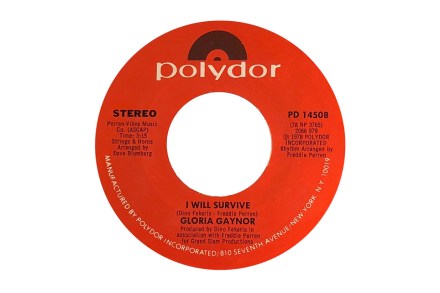Magic and medicine: The Barefoot Doctor, by Can Xue, reviewed
More from BooksIt must be exhausting to live as a barefoot doctor in a Chinese village if Can Xue’s latest novel is anything to go by. Not because of your work as curer-in-chief, but because all your patients are either nauseatingly happy or prone to near-constant weeping. Barefoot doctors emerged in the 1930s, but really hit their






























